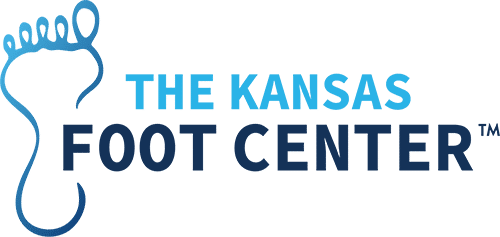How Achilles Tendinitis Develops
The city of Wichita’s Parks Department hosts softball leagues for individuals of various ages. This can be a lot of fun, but you will need to stay off the field and keep the bench warm if you become injured. We always want you to stay safe, so let’s look at the risk factors and causes of Achilles tendinitis.
Basically, tendinitis is a condition wherein the Achilles tendon has become inflamed (often as a result of overuse). In addition to inflammation, other signs of the injury include stiffness, tenderness, aches and even pain. These symptoms normally begin after periods of sports or physical activity, and particularly when excessive stress is placed on the affected tendon.
Some of the risk factors for this condition include:
- Age and gender. Achilles tendinitis most often happens to middle-aged men, and even more so to those who perform high-impact activities—basketball, tennis, soccer, etc.—on the weekends (“weekend warriors”).
- Training choices. As we just alluded to, weekend warriors who lead a sedentary lifestyle for six days of the week and then go out and give max effort in a rec softball league have an increased likelihood of sustaining an injury like tendinitis. Also, beginning a new workout program without gradually ramping up the levels of duration and intensity makes it more likely that we see you at one of our Kansas offices!
- Physical issues. Tight calf muscles, obesity, and structural abnormalities, are all physical conditions that could possibly cause or contribute to a case of tendinitis.
Effective care for Achilles tendinitis is generally nonsurgical (conservative) in nature. When the injury is first sustained, be sure to use the RICE method of first aid to help control the situation. Rest, ice, compression, and elevating the affected area can prevent further injury, reduce pain and swelling, and give your body the chance to use natural healing processes.
Whereas it is an essential component of overall health and wellbeing, an unfortunate reality of physical activity is the fact that it always comes with a certain degree of injury risk. There is good news, though, because most lower limb sports injuries (like Achilles tendinitis) are often treated effectively without the need for surgical intervention.
At The Kansas Foot Center, we are committed to using the best conservative care treatment methods for our patients. When necessary, our doctors do perform surgical procedures, but our standard practice is to exhaust nonsurgical options first. For more information—whether on Achilles tendinitis treatment, prevention, or any other condition—give us a call at (316) 283-4330. You can also request an appointment at any of our Newton, Emporia, and Wichita, KS offices online today.
